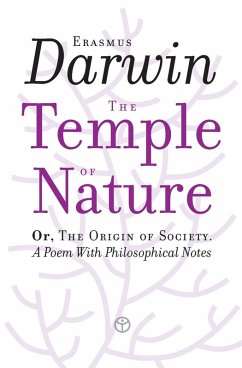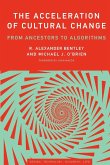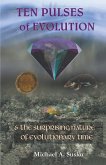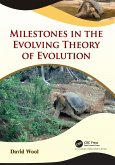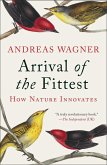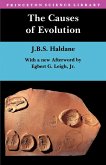Erasmus Darwin (1731-1802) was a famous physician, researcher, inventor and natural philosopher. In poetry and essays, he popularized the science of his time. He also presented a well thought out theory of evolution in all his major works, where he got around some of the traps that Jean-Baptiste Lamarck fell into when he published his theory in 1809. Erasmus' grandson, Charles Darwin, repudiated that he would have been influenced by his relative. He also played down his paternal grandfather's importance as a forerunner to the theory of evolution. Thus, for a long time, Charles Darwin affected how Erasmus was captured for posterity. He got a reputation for having produced only sketchy speculations about the origin of species, wrapped into an eccentric kind of popular science consisting of bad poetry. It was not until modern times that Erasmus Darwin was rediscovered by researchers in the history of science and ideas. He has now retrieved his place in history as one of the most original and perceptive scientific thinkers of his time. As a matter of fact, Erasmus Darwin's theory of evolution was quintessential for his natural philosophy. According to him, it was not only life that had developed from a simple original condition into more and more complicated organisms, but the whole universe had, through self-organizing processes, developed from a formless chaos into the cosmos we now live in. The human progress should also be seen as a part of this universal tendency towards perfection. The universe of Erasmus Darwin is cyclical. Our world will molder when the constructions of the heavens have reached their culmination. Everything will return into the original chaos -- and a new glorious universe will emerge like a Phoenix from the ashes, with new hopes for the future. In The Temple of Nature (1803), the aged Erasmus Darwin explains the philosophy he developed during his life. Timaios Press is now publishing this remarkable work in a modern volume, where the numerous Latin quotations have been provided with translations.
Bitte wählen Sie Ihr Anliegen aus.
Rechnungen
Retourenschein anfordern
Bestellstatus
Storno

